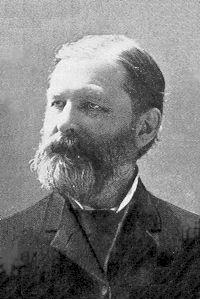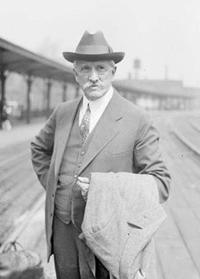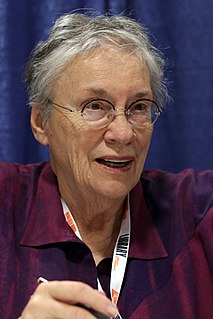A Quote by Lord Byron
Egypt! from whose all dateless tombs arose Forgotten Pharaohs from their long repose, And shook within their pyramids to hear A new Cambyses thundering in their ear; While the dark shades of forty ages stood Like startled giants by Nile's famous flood.
Related Quotes
A good friend of mine told me you should take a break and you should go see the world. Go somewhere. That is when I chose to go to Egypt, and so I took this beautiful trip to Egypt. It was the first time ever in my whole life I took three weeks off, and I sailed down the Nile and I saw the tombs and the temples, and I experienced a place that was so magical and so incredibly powerful and intelligent and inspiring.
We're living in a Dark Age of macroeconomics. Remember, what defined the Dark Ages wasn’t the fact that they were primitive — the Bronze Age was primitive, too. What made the Dark Ages dark was the fact that so much knowledge had been lost, that so much known to the Greeks and Romans had been forgotten by the barbarian kingdoms that followed.
Dinocrates did not leave the king, but followed him into Egypt. There Alexander, observing a harbor rendered safe by nature, an excellent center for trade, cornfields throughout all Egypt, and the great usefulness of the mighty river Nile, ordered him to build the city of Alexandria, named after the king. This was how Dinocrates, recommended only by his good looks and dignified carriage, came to be so famous.
What matters at this stage is the construction of local forms of community within which civility and the intellectual and moral life can be sustained through the new dark ages which are already upon us. And if the tradition of the virtues was able to survive the horrors of the last dark ages, we are not entirely without ground for hope. This time however the barbarians are not waiting beyond the frontiers; they have already been governing us for quite some time.
You have ... been told that science grows like an organism. You have been told that, if we today see further than our predecessors, it is only because we stand on their shoulders. But this [Nobel Prize Presentation] is an occasion on which I should prefer to remember, not the giants upon whose shoulders we stood, but the friends with whom we stood arm in arm ... colleagues in so much of my work.
and they shook hands, hit each other on the shoulder, then there was forty feet of distance between them and nothing to do but drive away in opposite directions. Within a mile Ennis felt like someone was pulling his guts out hand over hand a yard at a time. He stopped at the side of the road and, in the whirling new snow, tried to puke but nothing came up. He felt about as bad as he ever had and it took a long time for the feeling to wear off.







































